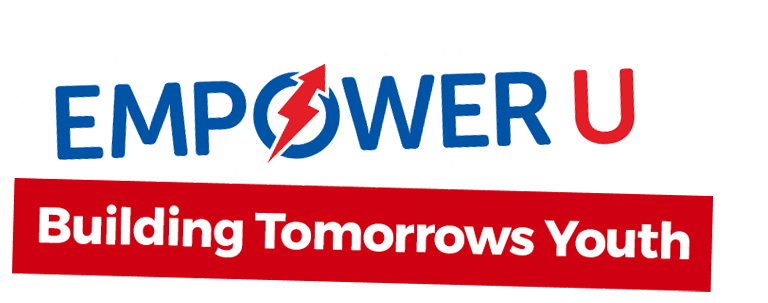In a world full of endless possibilities, it’s completely normal to feel unsure about what you want to do with your life. In this video, Brent Williams, the founder of Empower U, shares valuable insight on how to navigate these uncertainties by asking yourself the right questions. Let’s dive into Brent’s advice on how to identify your passions and turn them into a fulfilling career.
Discovering What You Want
The journey to finding your passion starts with a simple question: What do I want? Brent suggests sitting down with a pen and paper and jotting down everything you love, no matter how small or insignificant it might seem. Whether it’s picking flowers, walking dogs, or playing video games, acknowledging these interests is the first step towards discovering potential career paths.
Turning Passions into Profits
Once you’ve identified what you love, the next step is exploring how you can make money from it. In today’s digital age, the possibilities are endless. A quick search on Google can reveal numerous ways to monetise your passions. However, Brent emphasises that motivation should extend beyond just making money. True fulfilment comes from engaging in activities that genuinely interest you.
Understanding Your ‘Why’
Knowing why you want to pursue a particular path is crucial. Your motivation should align with your values and interests, not just the desire for financial gain. Brent shares that it’s not about how much you earn, but what you do with it. He illustrates this point with examples of individuals who have achieved financial success on modest incomes through smart decisions and strategic planning.
Setting Goals and Timelines
Determining when you want to achieve your goals adds a sense of urgency and direction. Brent encourages setting realistic timelines and being prepared to commit to the journey, acknowledging that some goals take time to accomplish.
Watch Now: Setting SMART Goals: A Practical Guide for Teens
Becoming Who You Need to Be
Achieving your dreams may require you to evolve. Brent discusses the importance of attitude, skills, and knowledge (ASK) in this process. The person you are today has brought you this far, but reaching new heights might require developing new skills, adopting a different attitude, or acquiring additional knowledge.
Taking Action
What steps do you need to take to reach your goal? Brent challenges you to consider whether you need further education, unique experiences, or specific knowledge to achieve your ambitions. This step is about making a concrete plan and following through.
Committing to Your Path
Finally, commitment is key. If you can answer ‘yes’ to being able to commit to the necessary steps, then you may have found a career worth pursuing. If not, it’s okay to reevaluate and explore other options.
Asking the right questions can illuminate the path to a career that not only fulfils you but also aligns with your passions and values. The journey of self-discovery is ongoing, and with each step, you come closer to realising your potential.
Ready to delve deeper into personal development and set yourself up for success? Download our free Empower U program guide to learn more about our seminars. Empower U is dedicated to helping teens and young adults like you navigate the complexities of finding your path. Download the guide now and take the first step towards a brighter future.

Brent is the founder and a key presenter of Empower U, a program aimed at motivating and teaching life skills to teenagers and young adults. His work primarily focuses on empowering today’s youth to gain the skills and motivation they need to succeed in a rapidly changing world. Brent’s approach integrates personal development with practical life skills, aiming to help young individuals leap ahead of their peers.

 Empower U
Empower U